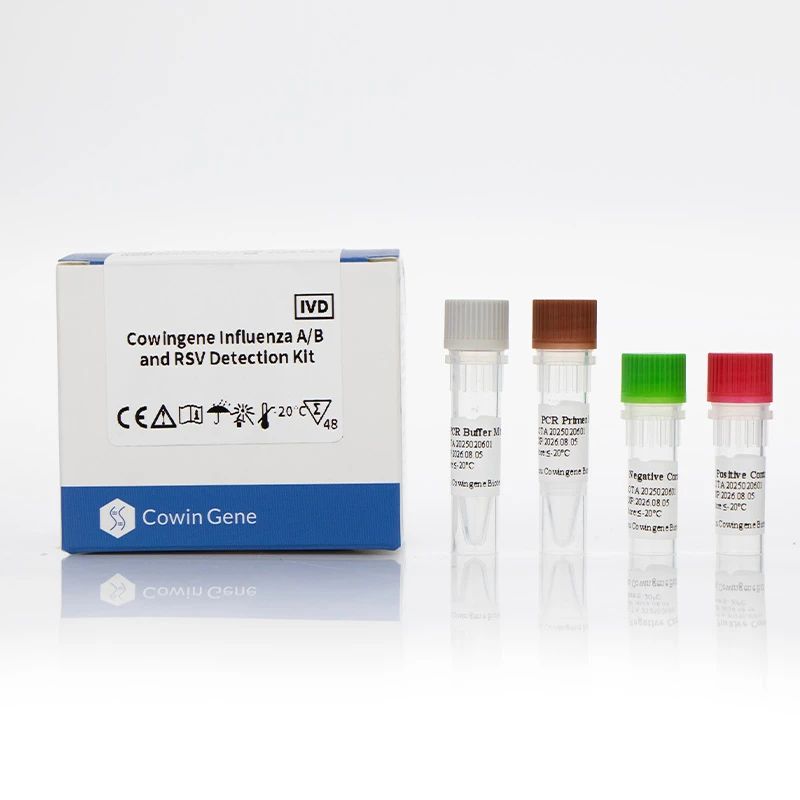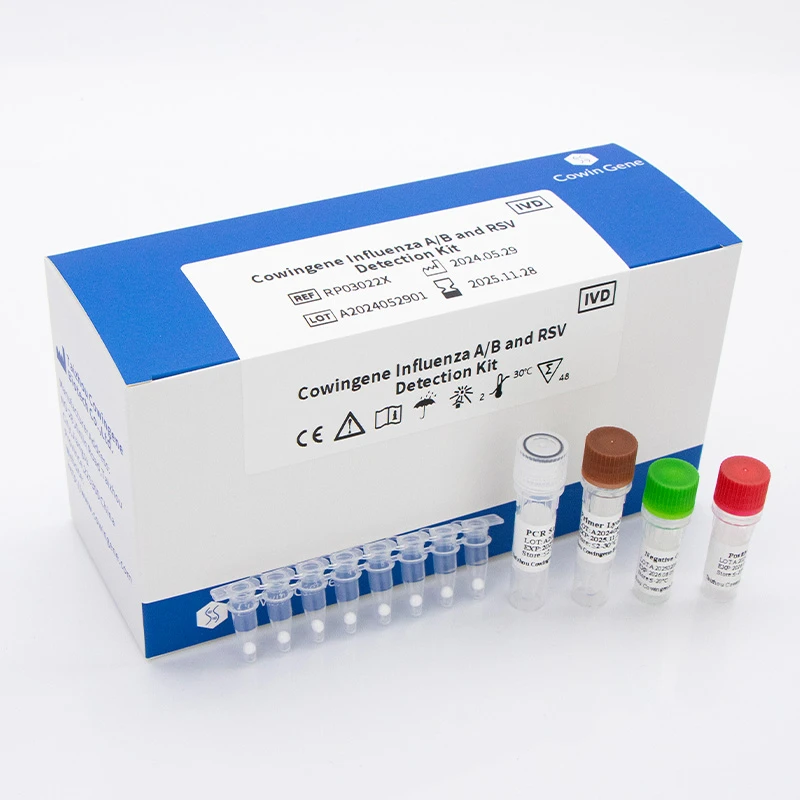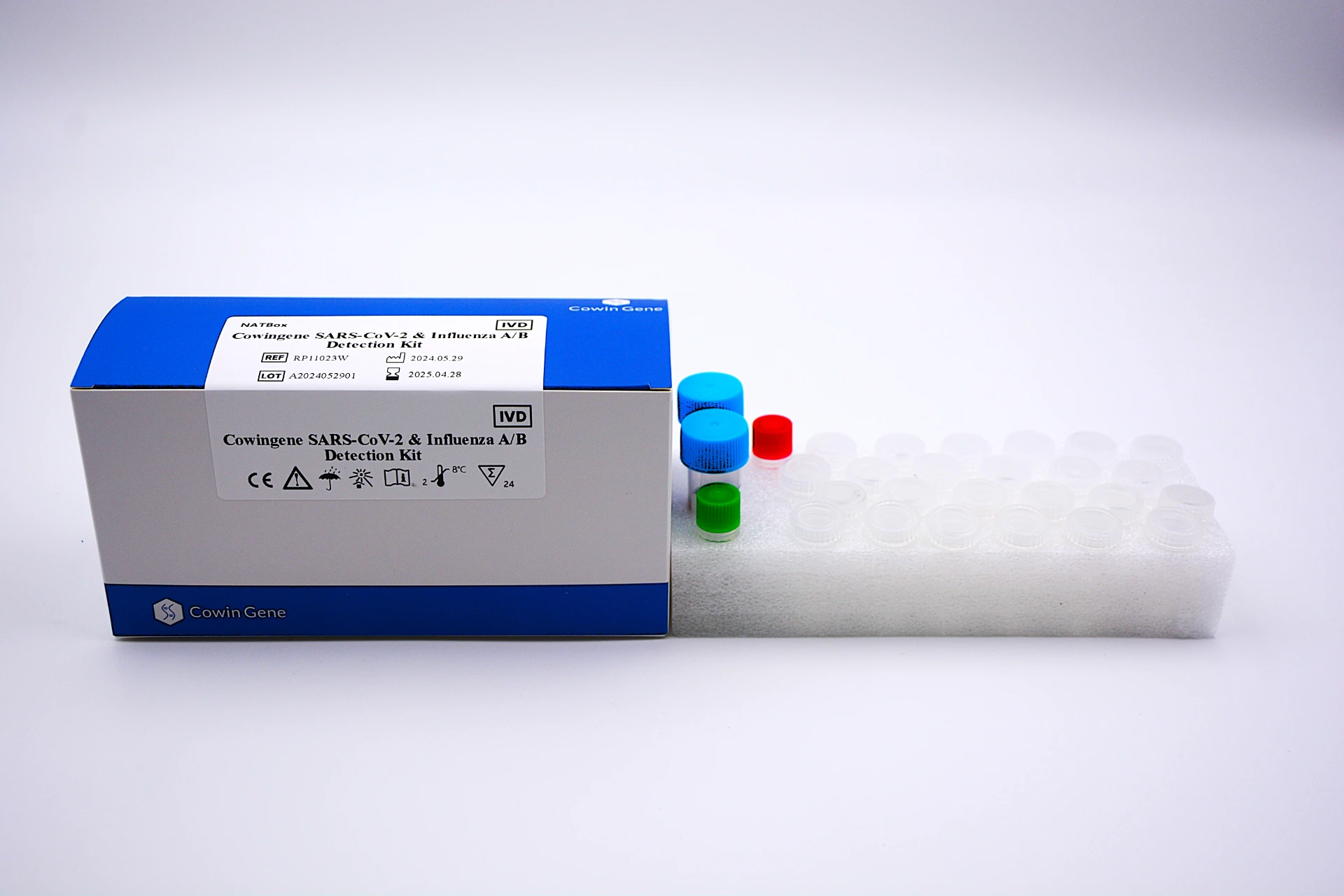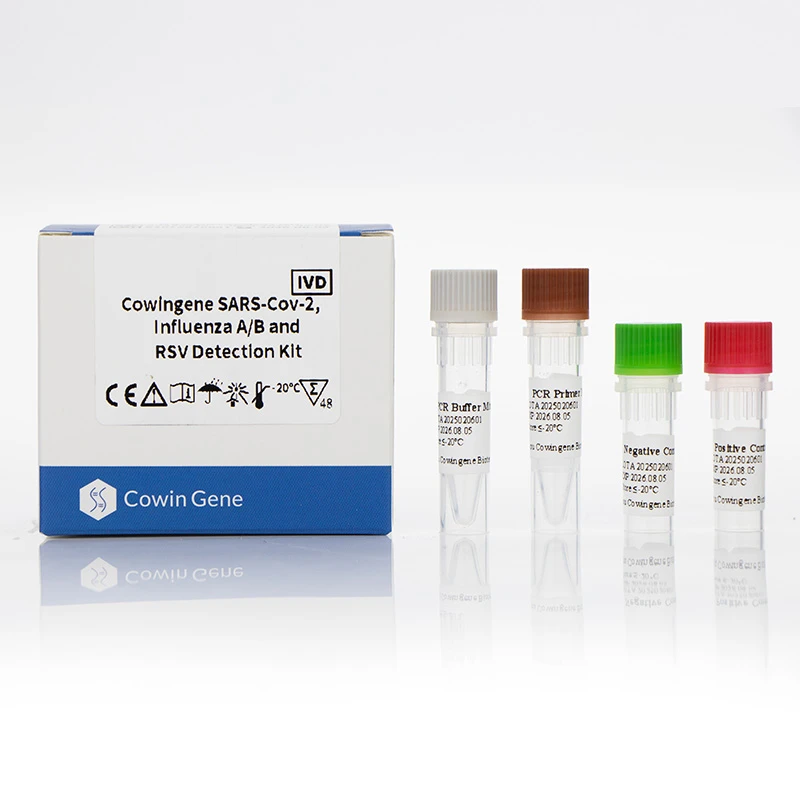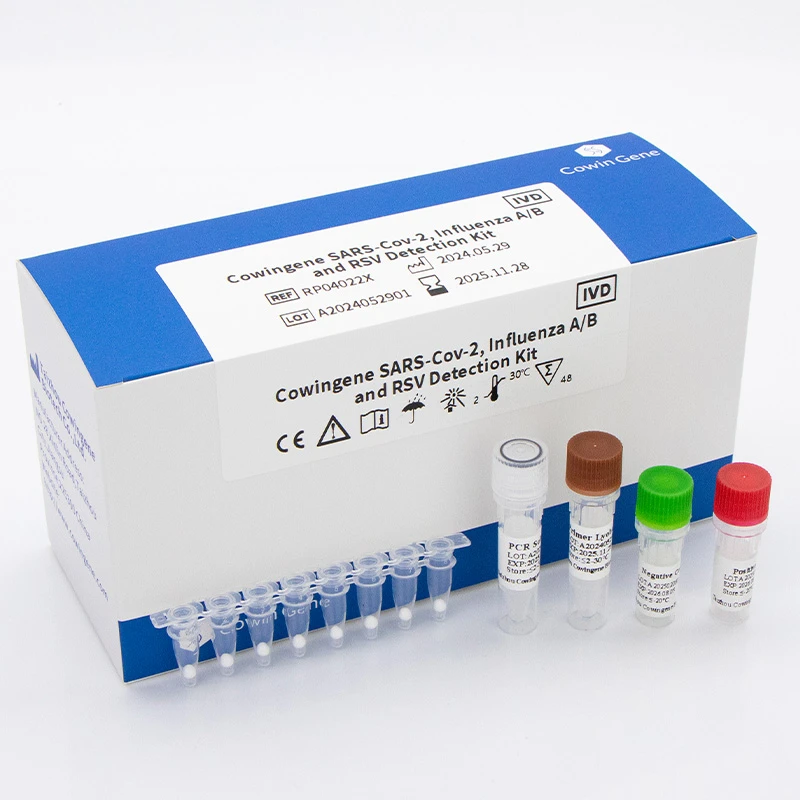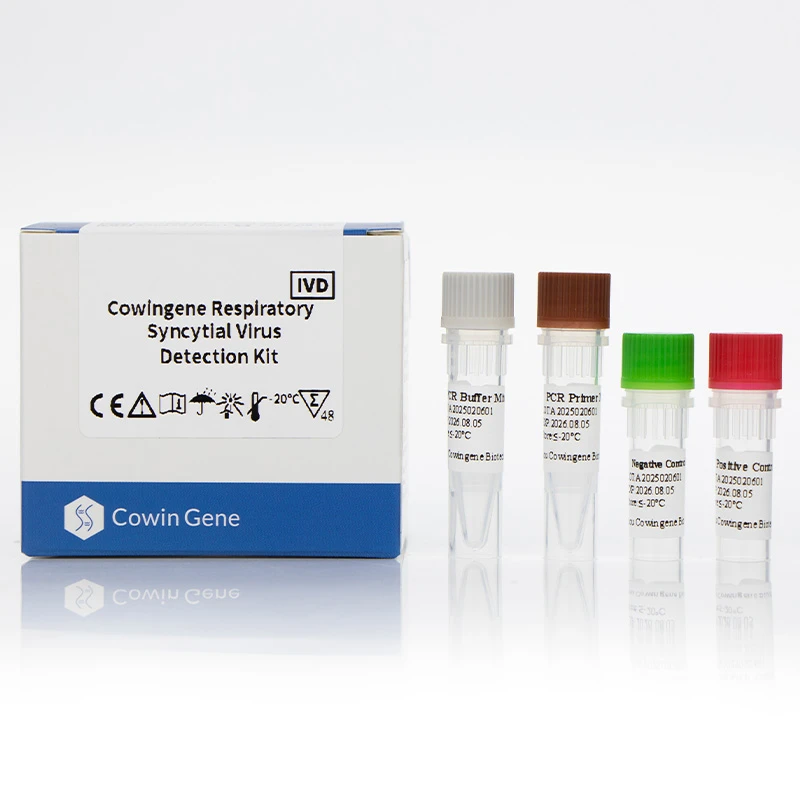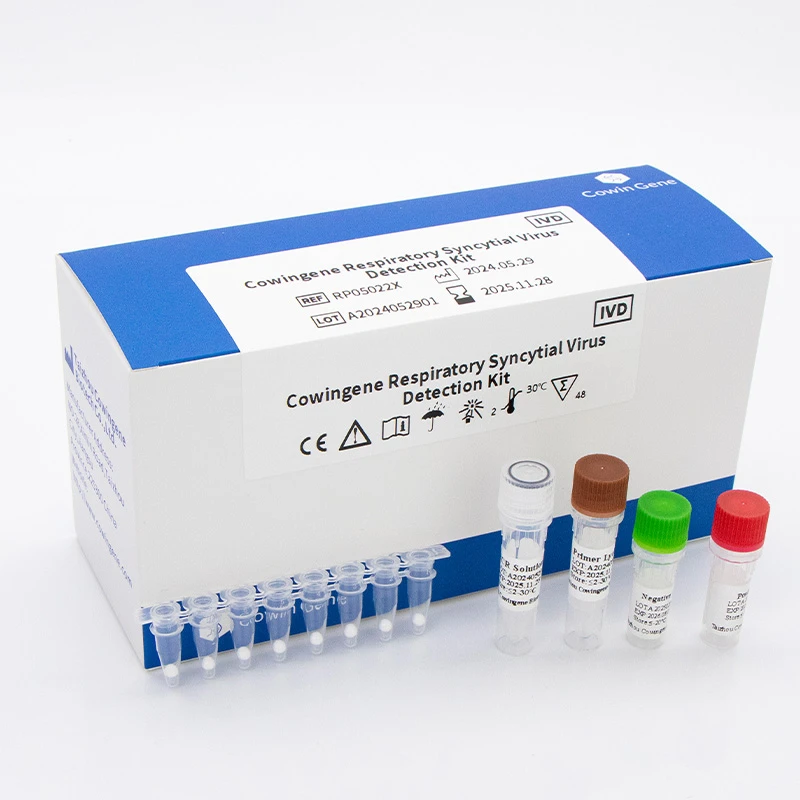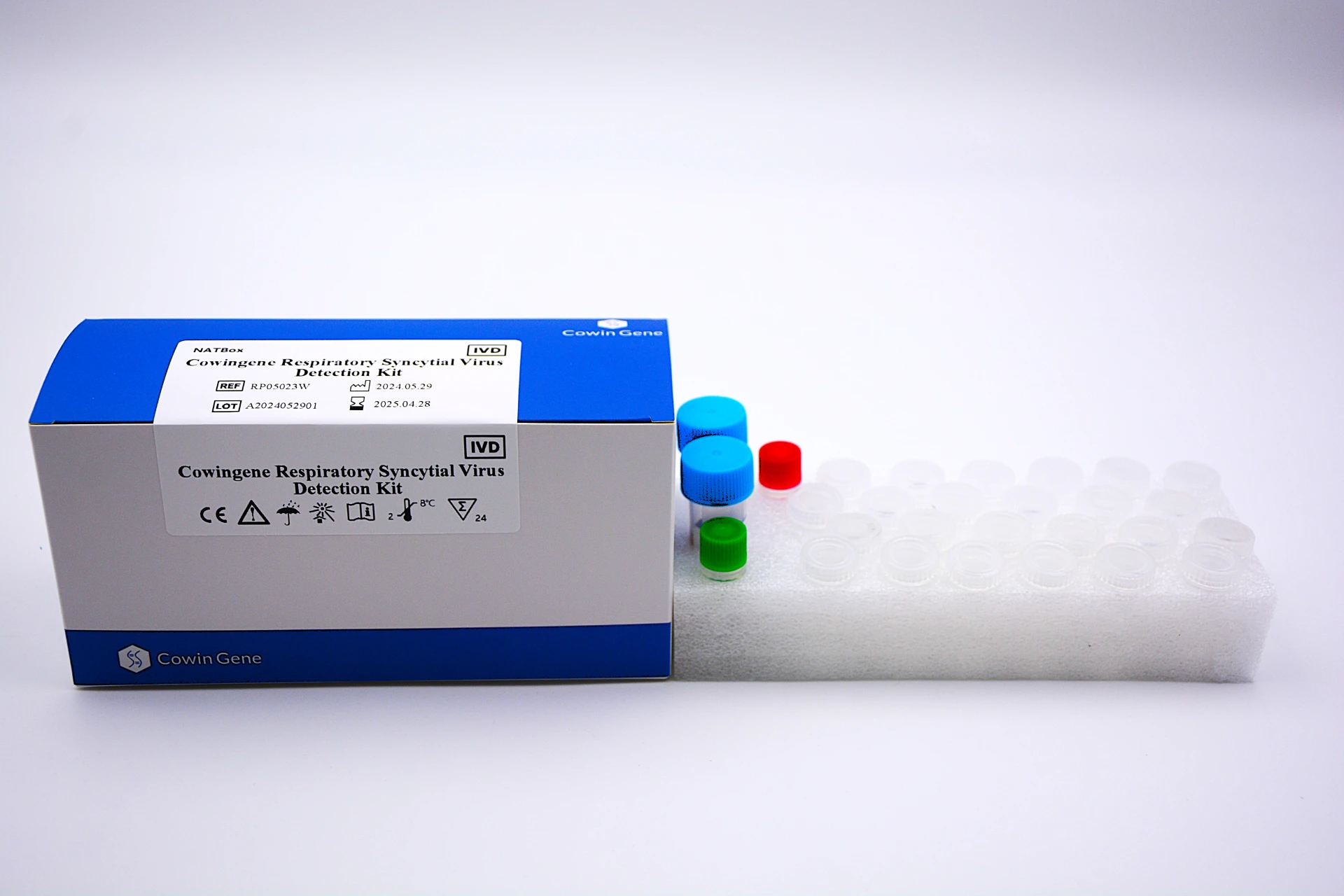Jul . 29, 2025 21:40 Back to list
HBV Kit for Accurate HBV Detection and PCR Testing Solutions
In the ever-evolving field of molecular diagnostics, the HBV kit has become a cornerstone for efficient, rapid, and sensitive hepatitis B virus (HBV) detection. As global hepatitis B infection rates remain significant—with the World Health Organization estimating over 296 million chronic carriers worldwide (2023)—the demand for hbv kit, advanced hbv detection tools, and specific hbv PCR solutions continues to climb. This article delivers a comprehensive technical and market review, focusing on the Cowingene HBV Detection Kit and its place among industry-leading products.
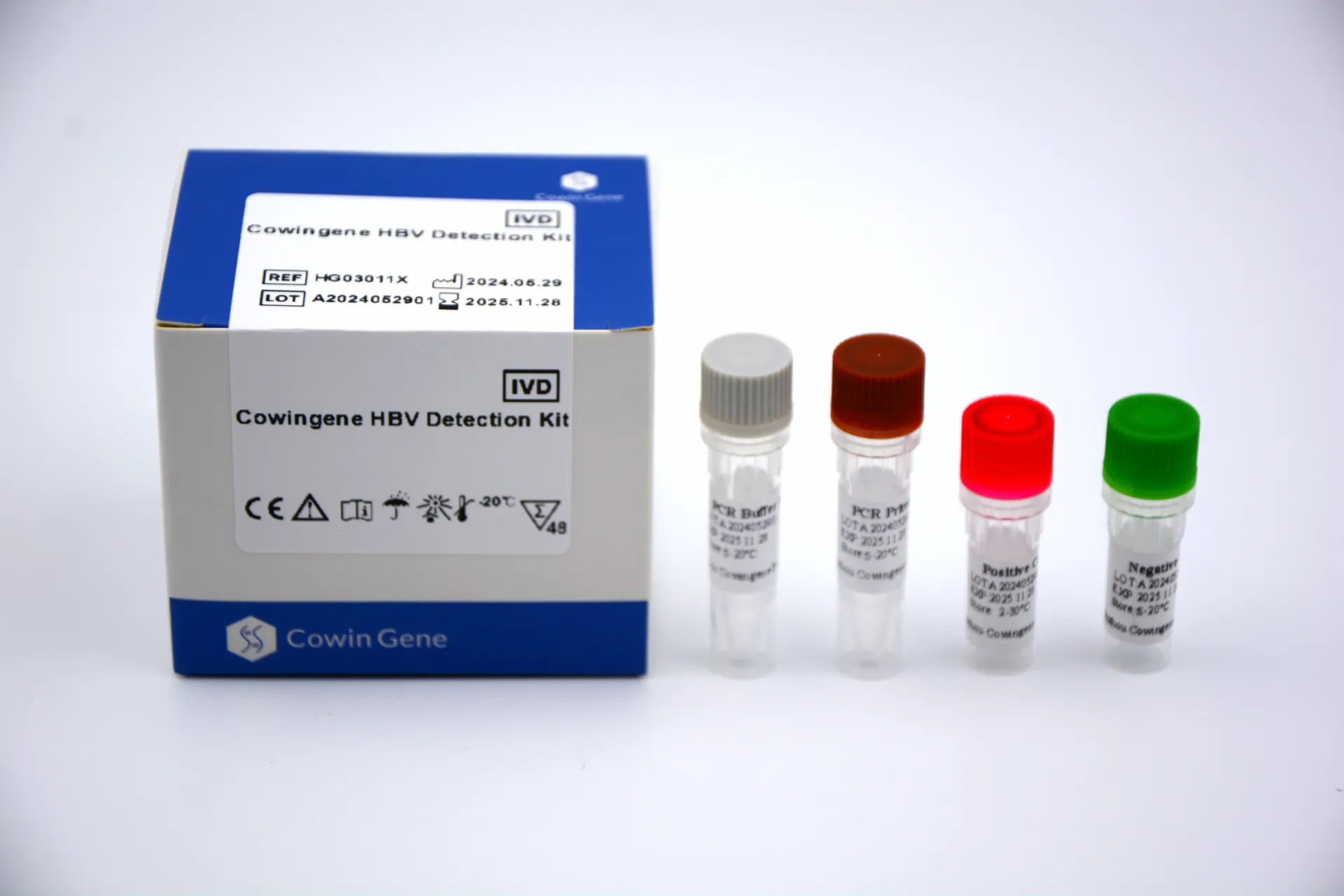
1. Market and Industry Trends in the HBV Kit Sector
Over the last decade, technological advances have revolutionized hbv detection methodologies. The shift from traditional serological techniques to hbv PCR quantitative assays and real-time detection kits has transformed epidemiological surveillance, clinical diagnostics, and blood screening. According to MarketsandMarkets, the global market for HBV detection kits surpassed USD 1.8 billion in 2023, forecasted to reach USD 2.7 billion by 2027 at a CAGR of 9.4%. The surge is driven by:
- Wider adoption of automated, high-throughput hbv kit platforms in hospitals and blood banks
- Growing prevalence in Asia-Pacific, especially China and India
- Ongoing product innovation around quantitative real-time PCR and point-of-care molecular systems
- Stringent regulatory endorsement (FDA, CE-IVD, ISO 13485)
1.1 Parameter Overview: HBV Kit Market-Leading Features
| Product | Detection Method | Sensitivity (IU/mL) | Assay Time | Regulatory Approval | Extraction Type | Storage Condition | Certifications |
|---|---|---|---|---|---|---|---|
| Cowingene HBV Detection Kit | Real-time qPCR | ≈ 5 | ~50 min | CE-IVD, NMPA, ISO13485 | Magnetic beads/manual | 2–8°C | ISO, NMPA |
| Roche COBAS AmpliPrep | Real-time PCR | 10 | 75 min | FDA, CE-IVD | Automated | 2–8°C | ISO, FDA |
| Abbott RealTime HBV | Real-time PCR | 10 | 100 min | CE-IVD | Automated | 2–8°C | ISO, IVD |
| Sansure HBV DNA | qPCR | 20 | 55 min | NMPA, CE-IVD | Manual/auto | 2–8°C | ISO, NMPA |
2. HBV Kit Technology & Manufacturing Process: Focus on Cowingene HBV Detection Kit
- Material Quality: PCR reaction vessels and consumables use high-grade polypropylene—chemically inert, certified DNase/RNase-free, ISO 9001:2015 approved.
- Core Manufacturing:
- Precision injection molding under cleanroom Class 100,000 GMP
- All plasticware inspected per ANSI/AAMI ST72 contamination guidelines
- CNC machining for calibration and automation parts, tolerance ±0.02mm
- Quality Standards: Manufactured under full ISO 13485 QMS, every batch undergoes dual-stage QC by HPLC and functional PCR testing.
- Product Life Cycle: Estimated shelf life ≥12 months, batch-to-batch consistency proven via accelerated stability studies (mean SD <0.8 log IU/mL).
- Usage Fields: Infectious disease diagnosis, population health screening, transfusion safety, and research (pharmaceutical, petrochemical, water safety).
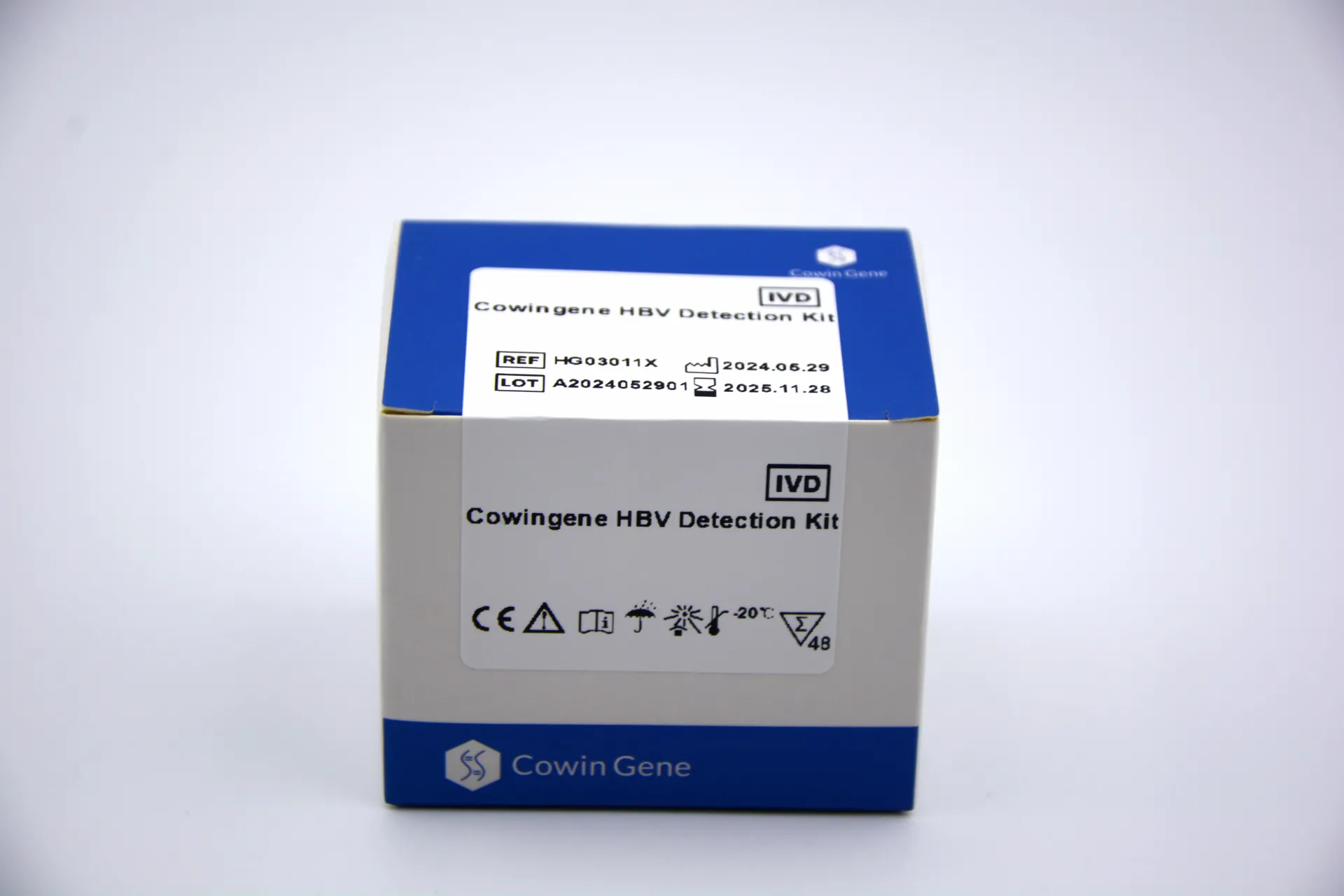
3. Technical Benchmarking: HBV Kit – Real-World Data Visualization
4. Competitive Manufacturer Analysis: Cowingene vs. Other HBV Kit Vendors
| Company | Key Technology | Certifications | Countries Covered | Unique Advantage | Annual Output (Kits) |
|---|---|---|---|---|---|
| Cowingene | qPCR multiplexing, UDG anti-contamination | ISO13485, NMPA, CE-IVD | 60+ | High sensitivity (5 IU/mL), | 1,300,000 |
| Roche | COBAS PCR platforms | FDA, CE-IVD | 100+ | Full automation, broad menu | 2,100,000 |
| Abbott | m2000sp/m2000rt | CE-IVD | 110+ | Throughput, LIS integration | 1,900,000 |
| Sansure | qPCR, extraction module | NMPA, CE-IVD | 30+ | Affordable, mixed sample pooling | 850,000 |
5. Custom Solutions: Tailored HBV Kit Deployment Programs
Cowingene offers custom HBV detection kit configurations for:
- Blood banks needing mass-throughput, 96-well compatible layouts
- Hospital labs with specific instrument/robotic PCR platform requirements
- Research & pharma with variant specificity (mutations in HBV polymerase/S gene)
- Industrial health diagnostics (e.g., for petrochemical or metallurgical staff screening)
- Flexible lot sizes, private-label & packaging options
Warranty/Support: All kits shipped with Cowingene’s extended technical support, 24/7 hotline, online training, and full replacement on proven batch defects within 15 months.
6. Real-World Application Scenarios & Client Feedback
| Sector | Typical Use-Cases | HBV Kit Performance | Testimonial |
|---|---|---|---|
| Hospital Laboratory | Early diagnosis; viral load monitoring | ~99.7% accuracy; rapid-cycle in 48 min | “We reduced patient re-testing by half since upgrading to Cowingene’s platform.” – Chief Lab Scientist, Beijing Jingshen Hospital, 2023 |
| Regional Blood Bank | Donor screening; window-period detection | Sensitivity to ≤5 IU/mL, ISO 13485 traceability | “False-negatives nearly eliminated. Staff appreciated the intuitive workflow.” – Jiangsu Blood Center, 2024 |
| Petrochemical Company | Annual worker health assessment | Batch support; low failure rate (0.2%) | “Cowingene fit our industrial safety protocols and delivered as promised.” – HR Manager, Shanghai Petrochemical, 2023 |
| Pharmaceutical Study | Antiviral drug efficacy trials | LOQ down to 5 IU/mL validated by secondary qPCR | “End-to-end technical support and open protocol APIs, highly recommend.” – Study Leader, SynBio Ltd, 2022 |
7. Professional FAQ: HBV Kit Technical Terminology & Practical Concerns
8. Conclusion & Reference Links
The landscape for HBV kit technologies is being shaped by demands for higher analytical performance, faster turnaround, and stricter regulatory compliance. The Cowingene HBV Detection Kit is at the frontier of this evolution, backed by advanced qPCR engineering, robust quality standards, and real-world validation across healthcare, research, and industrial users. Its technical superiority—seen in lower LOD, speed, and global certifications—makes it a preferred choice for those who value cutting-edge diagnostic assurance.
References & Further Reading:
[1] MarketsandMarkets HBV Diagnostics Market Report: https://www.marketsandmarkets.com/Market-Reports/hbv-diagnostics-market-80453870.html
[2] Xinhua Clinical Lab, 2023 Annual Review (Chinese): https://www.chinablood.org.cn/news/1521.html
[3] BMC Infectious Diseases, 2022, “Evaluation of Commercial HBV detection kits” – link
[4] Labroots Molecular Diagnostics Forum: Molecular Diagnostics Forums
[5] ISO/TC 212 “Clinical laboratory testing and in vitro diagnostic test systems”: https://www.iso.org/committee/54916.html
Related PRODUCTS
-
High-Purity Sample Diluent for Reliable Tests & RNA Extraction
NewsJul.30,2025 -
Accurate MTB DNA PCR Test Kit for Rapid Tuberculosis Detection
NewsJul.30,2025 -
Rapid Tuberculosis Detection with Advanced PCR Technology
NewsJul.29,2025 -
Bloodborne Kit for Workplace Safety – Complete Pathogen Kit Contents
NewsJul.29,2025 -
Accurate Detection Chlamydia Trachomatis with Advanced PCR Kits
NewsJul.29,2025






















